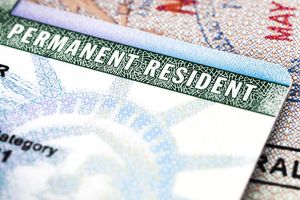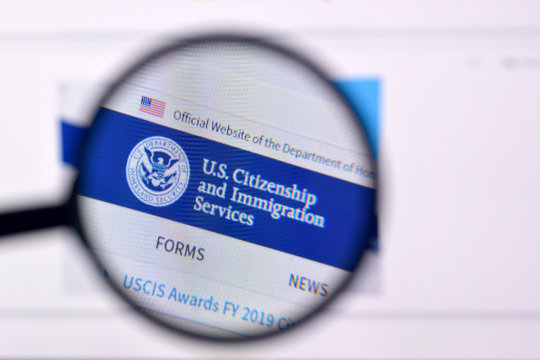Despite the truly awful information swirling around the internet, the process to obtain an employment-based green card is fraught with danger that may leave the beneficiary in a worse position than before the case started.
Here is the normal fact situation that we see in real-life: For a variety of reasons, we may not want to go through a labor certification and rely on EB-2 or EB-3. For example, due to the fact that natives of India and China both have very long waiting periods for priority dates to become current, these beneficiaries may try to squeeze into EB-1 to cut down on the waiting time. But the reason for planning to get into a faster category really is not an issue in this situation. People believe that if they have a good reason to file in the EB-1 or EB-2 NIW categories that will help them get an approval; unfortunately the “why†is not important.
So, the applicant knows about the EB-2 and EB-3 backlogs and seeks a faster category. Looking at the regulations of the Immigration Service (CIS) it appears the EB-1 category might be fairly easy and the Priority Dates are moving much faster than the other two categories.
The problem is that regulations for the two subcategories of EB-1 which apply in this situation (Extraordinary Ability and Outstanding Professors and Researchers) are not as easy as they look. The reason is the regulations are not the only source of law for EB-1s. In 1996,  the AAO issued an opinion which made several subcategories much more difficult than their regulations. EB-1 is included in that opinion:  Matter of Dhanasar;  26 I&N Dec. (1996).
In addition to overly-optimistic evaluations of the categories in EB-1, as well as EB-2 NIW, some beneficiaries also mistakenly apply for Adjustment of Status to get EAD. Often the beneficiaries for go F-1 STEM OPT, the H-1 lottery, etc. because the Adjustment and its EAD will solve everything. That is simply not true now, if it ever was. Not only does this strategy not work many times, it may also require a Complaint in Federal Court, which we have successfully accomplished in these cases.
Provided by:
David Swaim, Managing Partner
Tidwell, Swaim & Farquhar, P.C.
Related landmark case:
In 2017, David Swaim won an important case in Federal court which overturned a denial of an I-140 petition under the EB-1(1) Extraordinary Ability category. The analysis used by the Court is also applicable to EB-1(2) Outstanding Professors and Researcher cases. The Court ruled that USCIS cannot apply the second step analysis of whether a person has reached the very top of their field of endeavor when evaluating whether the petitioner has met three of the ten regulatory criteria. To see the Court’s important decision, read here.



